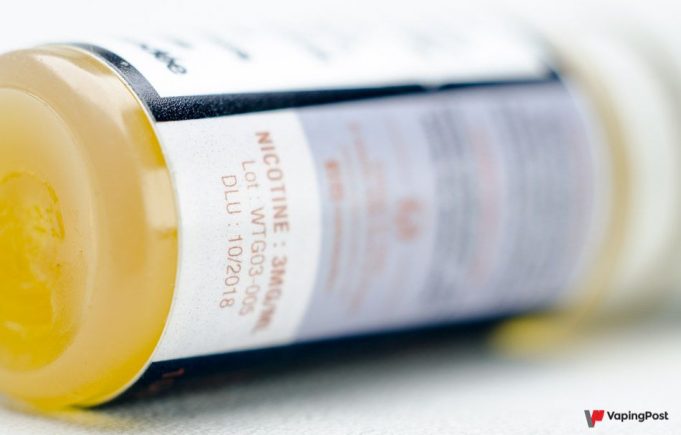Moreover all vaping products should be registered with the health ministry through a national database, the Health Advisory and Regulatory Platform (HARP). If it’s not possible to notify products through HARP about any products that exceed these limits, manufacturers or importers of the products could face a $400,000 fine for breaching nicotine level regulations.
Meanwhile the Ministry of Health has reportedly been given false information about the amount of nicotine found in some products. “If any notifiers that find that their products exceed the nicotine salt limit, we will instruct them to withdraw their product notification and cease selling those products immediately, including communicating these actions to any distributors and retailers that may be stocking their products,” said the director general of health.
Submissions to the Tobacco Bill
In other news, following Parliament’s first reading of the Smokefree Environments and Regulated Products (Smoked Tobacco) Amendment Bill, for which submissions to the Health Select Committee closed on August 24th, Foodstuffs NZ and Z Energy have been lobbying the Government to drop the part of the bill which proposes a limit on the number of retailers able to sell tobacco products.
Foodstuffs Government relations general manager Melissa Hodd told the committee she would be in favour of the idea that retailers are vetted to ensure compliance, but disagrees with a limit on the number allowed to sell tobacco. “Wide availability where supply is spread across a large number of retailers, each selling relatively modest amounts … ensures an orderly market where supply finds equilibrium with demand in each locality,” she said.








